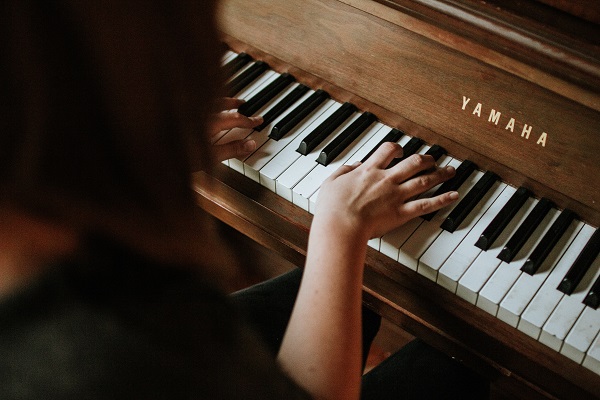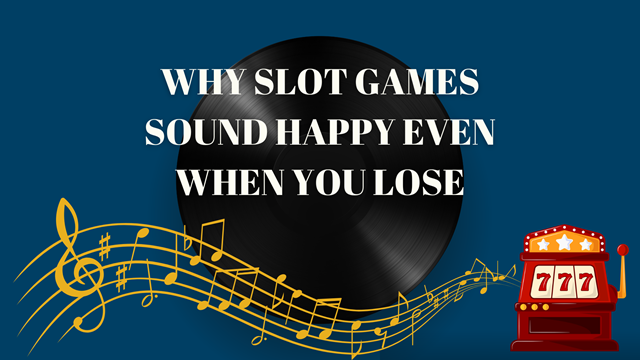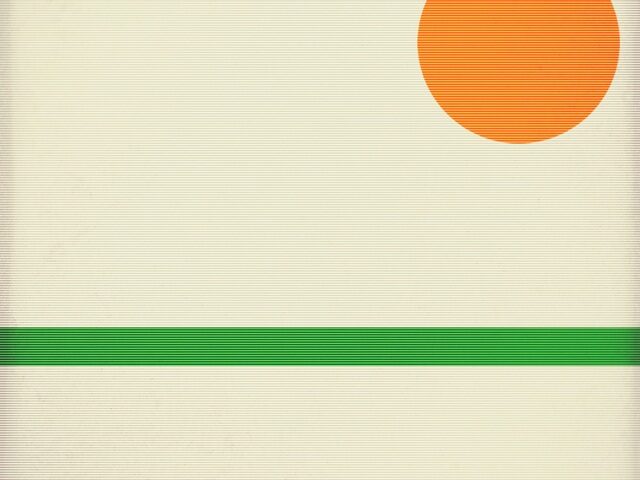
The piano is such a beautiful instrument, and listening to piano music can be so relaxing.
Many people yearn to learn a musical instrument but feel that they are too old to start learning, but is this actually true?
Let’s have a look at if there is ever an age that is too old to start learning to play the piano.
What Are The Benefits Of Learning A Musical Instrument?
Playing a musical instrument is well known to be beneficial for a whole host of reasons, for everyone regardless of their age.
Music is well known to reduce stress. Listening or playing or music releases endorphins in the brain, which make you feel happy, similar to feeling like a musician in a piano store. This can help combat stress, and alleviate some of the symptoms of depression.
Playing a musical instrument helps keep your brain challenged. When your brain is challenged to learn new things, this opens up new neural pathways within the brain, and strengthens your memory skills. Doing things that challenge your brain can help stave off conditions like alzheimers or dementia.
Learning and playing a musical instrument is a sociable activity. Even if playing the instrument itself is a solitary activity learning brings you into contact with another person, and you will find a community of people who love music or play the same instrument as you. This will help strengthen social bonds, which is very beneficial to our mental health.
Can You Start Learning Piano Later In Life?
Whilst it is true that learning an instrument from a young age does make things slightly easier, just because you didn’t, doesn’t mean you can’t now.
Children tend to be less socially aware, and also less self critical, which are both negative traits we pick up as we go through life.
Therefore, when we start to learn a new instrument later in life, we can feel very self conscious, and criticise yourself for not learning it fast enough. However, try to be kind to yourself and accept that although it may take you a little bit longer, you will still get there.
Try not to get too frustrated with yourself, or embarrassed if you don’t learn it really easily, no one, even the most gifted child picks up the piano on the first go, and everyone needs to practice!
It is best to learn from a professional tutor, such as those offered by LVLMusicAcademy.
Can You Fit It In To A Busy Life?
When you are thirty years old, life is much busier than when you are a child. You often have a lot of commitments, between working, taking care of your home, looking after yourself and perhaps a family, it can be hard to fit anything else in.
However, taking some time out to do something for yourself, like learning piano, can be really beneficial for your own well being.
Doing something for yourself, where you can mark your own achievements can make you feel really good about yourself.
When learning the piano, you will need regular lessons, but it is also vitally important that you practice at least daily, and for a minimum of twenty minutes. Ensuring you have this time set aside every day, will give you some much needed time to focus on yourself.
Learning Piano Can Help With Ageing
At thirty years old, you are still very young, and should not be worrying too much about ageing just yet.
However, it’s good to know how learning the piano can combat the aging process.
Learning the piano, or any musical instrument, is proven to reduce stress levels. Stress is well known to speed up the aging process. Stress in general has a negative effect on the body overall, but it can play havoc with neural functions and can physically age your skin as well. So, anything you can do to reduce stress will help you.
Learning piano uses your hands a lot, in ways that you may have never used them before. This will increase flexibility, and can help to ease arthritis, or even slow the progress of the natural ageing of the bones.
Learning piano will also help your memory and recall abilities, and help keep your brain younger and working more effectively. Many studies have shown that those who continue to learn new things throughout their adult life have a lower risk of developing dementia type illnesses, or not having the disease start so young.
Find A Piano Teacher You Gel With
There are many teachers available that can help you on your quest to learn piano. However, many teachers will be more geared to teaching children, and teaching adults is slightly different.
Make sure your teacher is experienced in teaching older students, and then make sure that you get on with them.
It is no use paying for lessons from a teacher you just don’t click with. You won’t feel inspired, and you will soon lose your passion for learning this wonderful instrument.
A good teacher will have a love for their instrument and music in general, which they will be able to pass on to you, and keep you inspired to keep turning up to your lessons, and doing that all important practice at home.
You can, of course, look online for free lessons, however learning with a teacher will give you much more structure and you will be able to get the feedback you need to help you improve.
If you want to learn piano, but feel that you are too old, then be reassured that you are not, and there are many people who learn instruments later in life.
Start as soon as possible, because if you feel too old right now, you will definitely feel too old in ten years time, and you don’t want to regret not learning much later in life.
Learning piano will open a whole new world for you, and give you many new friends and people who are just as excited by their new learning adventure as you are!





